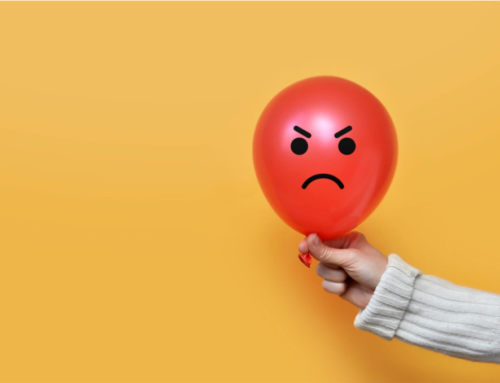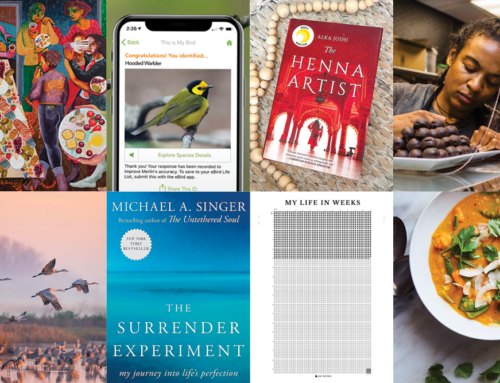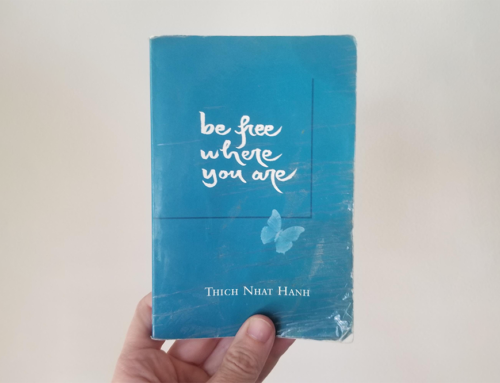Dream interpretation, as a practice, is indigenous in origin. In spite of the fact that we may not always be able to recall our dreams, for centuries they’ve had the potential to fascinate, scare, and even inform us when interpreted. Like music and film, dreams can be abstract in their expression. The meaning of one’s dreams, and the method to interpret, is a reflection of social, cultural, and historical frameworks.
In many ancient societies, dreams were thought to be a kind of supernatural communication and a divination of sorts. Later, dream interpretation had clear associations. For example, in traditional Chinese dream interpretation, dreaming of a fish means good fortune.
However, by the early 20th century, dream analysts such as Freud and Jung saw dreams as an expression of the unconscious, with analysis leading to a better understanding of the self, as well its wants, desires, and fears. To understand the meaning of symbols found in his patients’ dreams, Jung asked them for their interpretations. From this Western perspective, dream interpretation is a translation of logic, metaphors, and symbols that reflect and provide insight into our waking life.
Much like Western dream theorists, Traditional Chinese Medicine (TCM) understands that dreams can hold valuable source information about the self. However, in TCM it is believed that dreams can be an expression of health and wellness. This is due to a framework of interconnectedness and symbolism of the mind, body and spirit.
Five Element Theory and Dreams
At the core of Traditional Chinese Medicine is the Five Element cycle depicted much like the cycle of life, in a circle, with elements blending and feeding into the other.

The elements of Wood, Fire, Earth, Metal and Water are the basis of Five Element theory and hold a wealth of information and associations. For example, the Wood element is associated with the Liver, the emotion of anger, the color green and the spring season.
Each of these aspects offer a bounty of insights to consider, as well as an interrelationship to the other. When layered with dream interpretation, Traditional Chinese Medicine thinking can yield significant insight. For example, in ancient Chinese medical texts, we learn that symbols occurring in dreams can be used diagnostically to indicate imbalances in the body:
“When the Liver is in excess, one dreams of being angry” but “when the Liver is deficient, one dreams of forests in the mountains.” – Suwen
The Hun and Shen Spirits
Much like the Western perspective of dream interpretation, Traditional Chinese Medicine also holds an understanding that dreaming is an expression of the unconscious self working out the emotions and issues in our lives. According to TCM, the self is made up of five spirits, each with a role and corresponding organ:

While all of the spirits are important, in relation to understanding dreams and dreaming, the Hun spirit is particularly significant. During the day, the Hun resides in the eyes to help us “see” the best way to act in order to serve our life purpose. While we sleep, the Hun descends to the Liver to organize our dreams and maintain peaceful and beneficial sleep. As such, the Hun serves as an intermediary between waking and sleeping.
If the Hun is imbalanced, one might notice sleep disturbances, sleepwalking, intense dreaming or no dreams at all. In extreme cases there may be an inability to distinguish between dreams and reality. With the Liver housed in the Hun, anything that damages the Liver also injures the Hun. Anger that doesn’t flow freely and gets stuck in the body can harm the liver, as well as alcohol, drugs, and psychological injuries such as childhood trauma or abuse.
Another crucial spirit in sleeping and dreaming is Shen, which houses the Heart. It should be noted that in Traditional Chinese Medicine, Shen has a variety of meanings. It can represent and embody all five spirits, which is why Shen is often translated as “spirit.” Shen can also be something of a diagnostic tool in the form of subtle life energy that looks like shimmer, luster, or flourishing seen in the complexion, eyes, tongue and pulse.
While associated with the Heart, Shen can be thought of as representing the mind where conscious thoughts, feelings, memories, the subconscious and soul reside. The Shen of the Heart is also responsible for hearing, sight, taste and smell, functions we know to be processed by the brain.
While emotions are felt by all organs, it is only the Shen that actually recognizes, feels and assesses them. For example, anger impacts the Liver, but the Liver cannot feel it because it does not house the Shen. Only the Heart (Shen) can feel it because this is where processing and insight resides. When frustrated and upset, it is the Shen that feels these emotions and as such, eventually all emotions affect the Heart.
Of course, there is a relationship between the Shen and Hun. The role of the rational and relational Shen is to “gather” the lofty, ethereal Hun, thereby providing control and integration. However, when the Shen or Heart is weak, it cannot restrain the Hun, resulting in scattered and unsettled thoughts. Cultivating harmony between the two translates into balance of the body and mind.
Your Dreams, Your Health
As a result of this feedback loop between mind, body, and spirit, Traditional Chinese Medicine offers the possibility of interpreting dreams in order to gain an understanding of a person’s overall health. Noticing sleep patterns can also yield insight into a person’s state of wellbeing.
So for good health and humor, pay attention to your dreams. Notice the emotions or images that may arise. For example, if plagued by nightmares or dream of a body of water, take a closer look at the Zhi spirit, the emotion of fear, the Water element and how to nourish the Kidneys. You can also check out online and in-print versions of The Interpretation of Dreams by the Duke of Zhou, the oldest known text on the dream interpretations. Even at 3100 years old, this “dream dictionary” yields interesting results, often tied to TCM associations.
And if you notice particularly disturbing or memorable dreams, as well as difficulty sleeping, be sure to mention this to your acupuncturist who can offer support in the form of acupuncture and herbs, as well as nutritional and movement recommendations.
Sources:
Bad Sleep and Dreams: A TCM Perspective. Chai Acupuncture, Mar. 14, 2017.
Dream Meaning in Chinese Medicine. London Acupuncture Therapy, June 11 2016.
Getto, Erica. The Five Spirits of Chinese Medicine. Root and Branch, Nov. 20, 2021.
Kirkwood, John. Hun – The Spirit of Wood. Five Element Acupressure. Oct. 15, 2014,.
Lam, Anna. Understanding the 5 Elements for Your Health. GingerChi,. Accessed Apr. 10, 2023.
Maciocia, Giovanni. Shen and Hun: The Psyche in Chinese Medicine. Sept. 3, 2020.
Murao, Dr. Evan F.J. Hun: The Spirit of Wood—Vision, Imagination, Direction and Benevolence. Inner Chi Hawaii. 20 July 2017.
Reichstein, Gail. Wood Becomes Water. 2018.
West, Marcus. Jung and Dreams. The Society of Analytical Psychology. Accessed 5 Apr. 5 2023.
Photo by Kássia Melo from Pexels




